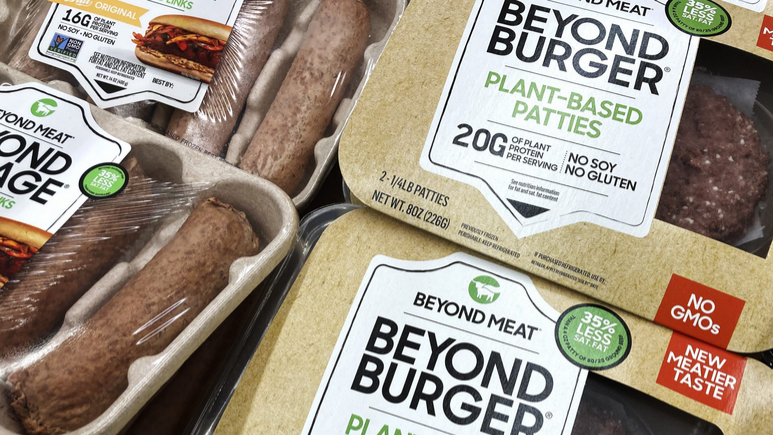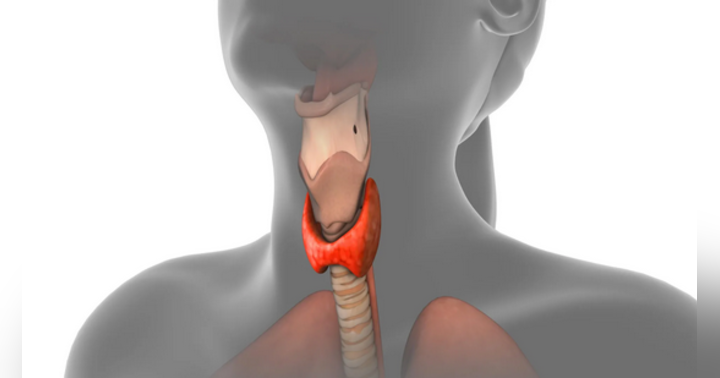
Beyond Meat appears headed to Chapter 11 bankruptcy after reporting that second-quarter revenue was down by 20% as the veggie patty meat alternative market has had declining sales across the industry. The company is currently holding $1.2 billion in debt, and the stock price has plummeted by 97% of its peak value.
Plant-based protein patties and meat alternatives made by companies like Beyond Meat and Impossible Foods are, by definition, Ultra Processed Foods (UPF). A definition provided by Michael J. Gibney, published in Current Developments in Nature, states that processed foods are “industrial formations typically with five or more and usually many ingredients. Besides salt, sugar, oils, and fats, ingredients of ultra-processed foods include food substances not commonly used in culinary preparations, such as hydrolyzed protein, modified starches, and hydrogenated or interesterified oils, and additives whose purpose is to imitate sensorial qualities of unprocessed or minimally processed foods and their culinary preparations or to disguise undesirable qualities of the final product, such as colorants, flavorings, nonsugar sweeteners, emulsifiers, humectants, sequestrants, and firming, bulking, de-foaming, anticaking, and glazing agents.”
A study published last fall in The Lancet found a positive correlation between ultra-processed food consumption and increased risk of cardiovascular disease (CVD) and coronary heart disease (CHD). The authors wrote “Sulphites, 14 emulsifiers, 7 thickeners, 8 and sweeteners 11 are associated with cardiac tissue damage, metabolic syndrome-inducing microbiota alterations, inflammation, and pro-atherogenic apolipoproteins, respectively.” The Beyond Burger contains 2% or less of Methylcellulose, which is a thickener and emulsifier.
The authors wrote that excess calories, added sugars, sodium, and unhealthy fats in UPFs may contribute to CVD. The Beyond Burger has excess sodium with 310mg per serving, a 20% decrease from its previous formulation, and a small amount of fiber compared to whole food alternatives.
A 2025 Purdue University survey found that 30% of consumers consider all UPFs to be unhealthy and should be avoided. 61% of consumers acknowledged the unhealthiness of UPFs, yet they believe some of the foods in this category can be part of a healthy diet. Whole-grain sliced bread and low-fat yogurt are the examples provided by the lead author, Joseph Balagtas.
Last year, Beyond Meat announced a new reformulation that reduced the sodium and saturated fat by removing refined coconut oil in favor of avocado oil. The company was already experiencing declining sales and said the reformulation was an attempt to provide a more nutritious, better product.
Avocado oil has a 12:1 omega-6 to omega-3 ratio when the ideal ratio for the human diet is 1:1. When omega-6 is significantly higher than omega-3 in a person’s diet, this can lead to cardiovascular disease, cancer, and inflammatory and autoimmune diseases.
Impossible Foods CEO Peter McGuinness suggested that his company may create a burger that is 50% beef, as they are struggling to find enough consumers to support the current plant-based offerings.
Beyond Meat agreed to pay a $7.5 million settlement in a class-action suit for overstating the amount of protein in the company’s products and misrepresenting the quality of the ingredients used. One lawsuit accused Beyond Meat of making false “all-natural” claims while including Methylcellulose, a synthetic emulsifier.
Beyond Meat has a blog post explaining that the label of “ultra-processed food” is misleading and not a fair way to gauge how healthy or unhealthy a product is for consumers. Dr. Nicola Guess says it is not reasonable to lump Beyond Burgers in with sweets and pastries in terms of detrimental health effects.
Earlier this year, Beyond Meat CEO Ethan Brown said, “the Beyond value proposition remains obscured in doubt and misinformation.” He added that Beyond Meat is “a very clean source of protein” and that the company’s priority is dispelling misinformation about its products.
Bill Gates invested initially in both Beyond Meat and Impossible Foods as an alternative to animal-based agriculture. Gates sold all of his Beyond Meat stock in 2019 before it crashed.
Jeffery Jaxen reported on the decline of the plant-based meat alternatives in a segment last year, including several lawsuits that were pending against the company. The HighWire has reported on other initiatives that local and state governments have enacted to encourage less meat consumption in an attempt to reduce the effects of animal agriculture on the climate.
Lab-grown meat is being slowly rolled out in local markets, but has also been banned in several states. Texas banned lab-grown meat earlier this summer and became the seventh state to do so. In addition, a company named Moolec inserted genes into plants to create GMO hybrid Piggy Sooy, which received USDA approval last year.








